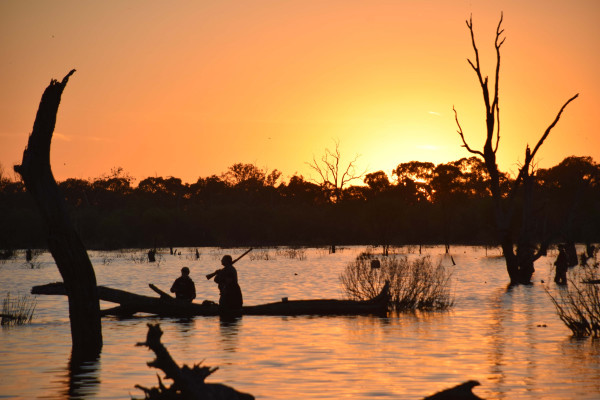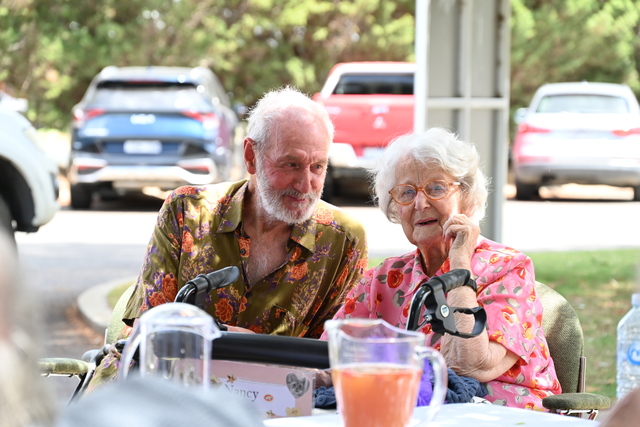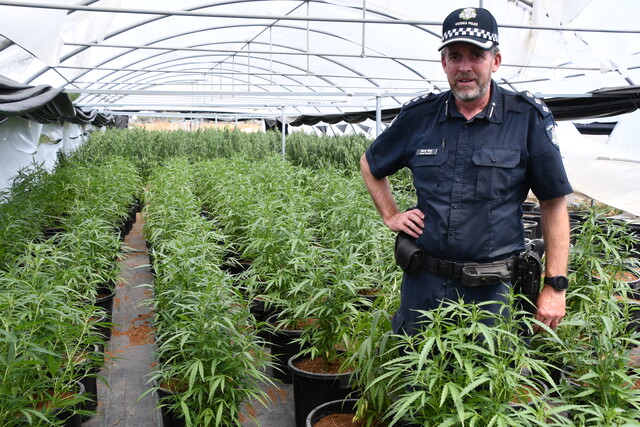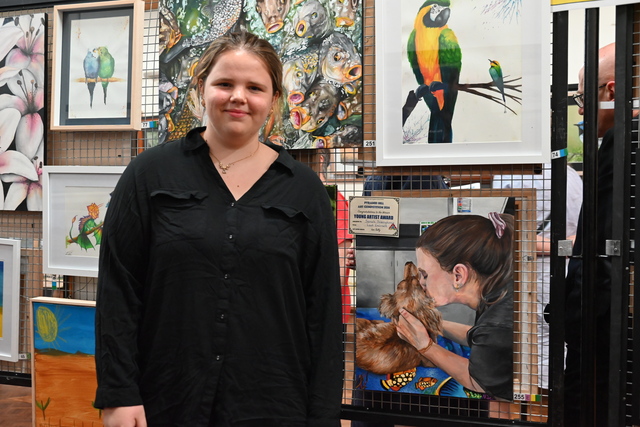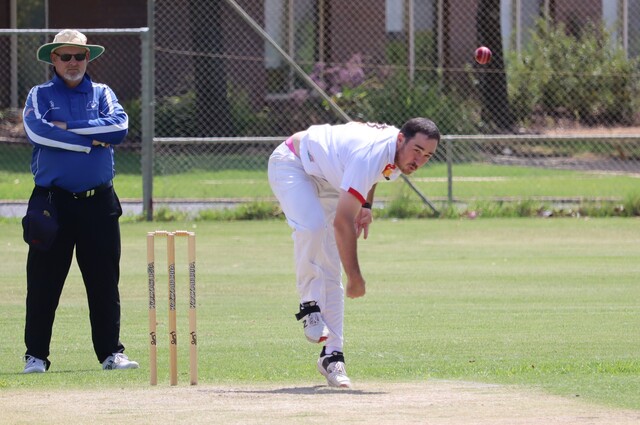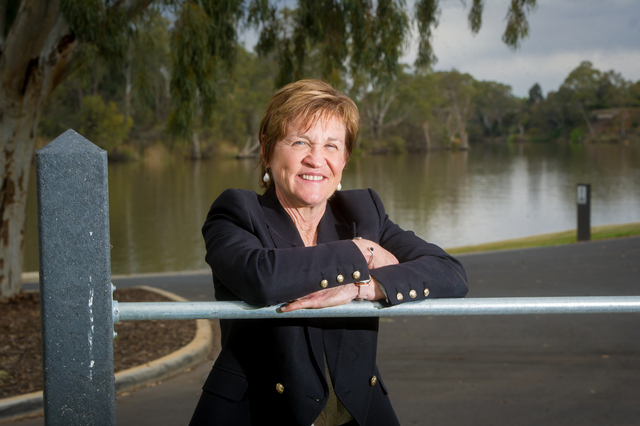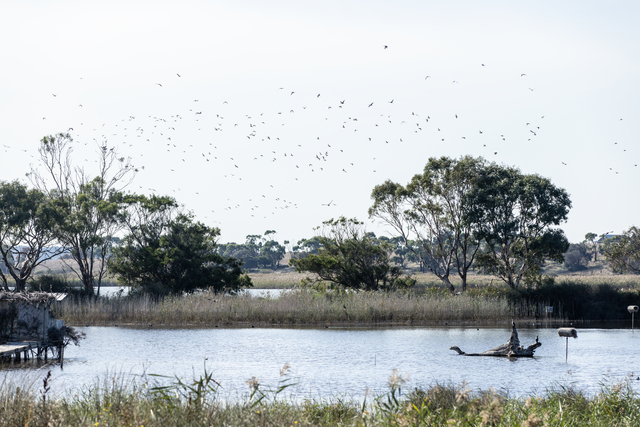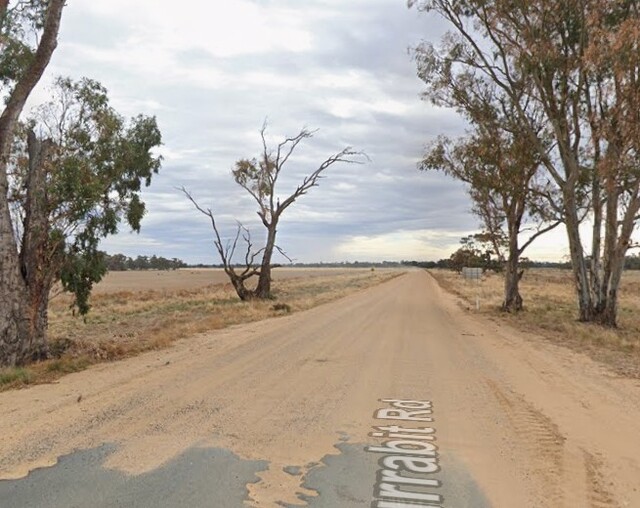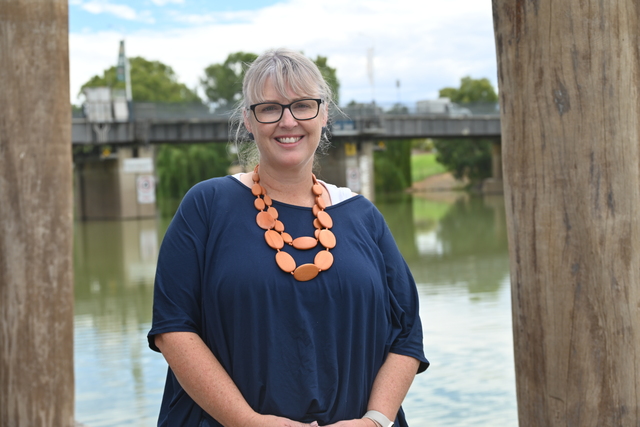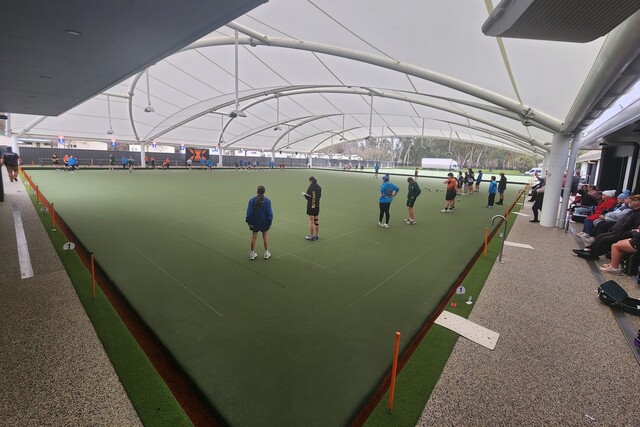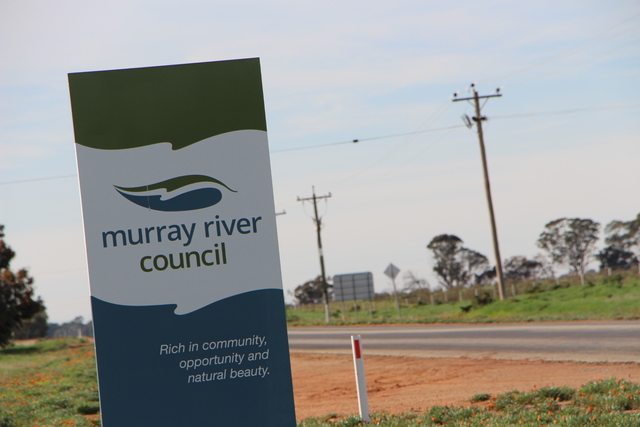ANIMAL welfare groups have renewed calls for the Victorian Government to end duck hunting, despite an annual survey recording a boom in game-bird populations.
The 2023 Eastern Australian Waterbird Survey recorded more than half-a-million birds thanks to widespread floods and environmental flows.
But researchers say long-term declines in populations persist and the effects of El Nino and drying across eastern Australia are showing, with the total area of surveyed wetland habitat decreasing over the past year.
Scientists have conducted the eastern Australian waterbird survey annually since 1983 to monitor continental-scale changes in the distribution and abundance of waterbirds and their breeding, as well as change in the extent of wetland habitat over time.
During this year’s survey, researchers observed increased numbers of waterbirds, counting 579,641, the seventh-highest figure in the survey’s history.
UNSW Centre for Ecosystem Science director Professor Richard Kingsford said it showed the “importance of the widespread flooding and environmental flows that we have seen in the last three years”.
But he said three of four major markers of waterbird health – total abundance, number of species breeding and area of wetlands surveyed – continued to show significant long-term decline.
“The results are still showing a long-term decline and so the long-term loss of waterbirds has not been reversed,” Prof Kingsford said.
“This long-term data is critical to identifying trends in the health of rivers and wetlands and it is important that we continue to track these changes so that we can identify the problems and solutions.
“It allows us to work out the extent of human impacts within the natural cycles of our river systems.”
Regional Victorians Opposed to Duck Shooting spokesperson Kerrie Allen said with ducks not breeding, wetlands drying and El Nino predicted to “hit hard”, ducks should be protected and not shot for recreation.
The Kerang Lakes are a drawcard for duck hunters, with a pilgrimage of recreation shooters setting up camp every season.
“It’s not just game ducks who need protection but threatened species which are collateral damage in the shoots,” Ms Allen told the Gannawarra Times.
“The Victorian Government would serve us all better by banning bird hunting and redirecting the eye-watering sums of taxpayer funds supporting it to conserving our precious waterways and waterbirds.
“The Kerang wetlands are internationally recognised for environmental significance – who knew? They’re not even signposted as such. Instead they’re at the mercy of a few blokes who like to fire shotguns at our native birds every year.”
In August, a parliamentary Upper House committee recommended an end to bird hunting next year. The State Government has until February to respond.
The committee’s rationale was driven by the “considerable environmental evidence” of long-term decline in native bird populations, and a worsening outlook as the climate continues to change.
RSPCA Victoria chief executive Dr Liz Walker said the organisation had long-held animal welfare concerns around wounding from hunting and the latest data also highlighted sustainability concerns that couldn’t be ignored.
“We know that many ducks are wounded and left to suffer during hunting season, and the release of this latest survey data highlights the fact that duck hunting will put additional pressure on species that are already threatened by global warming,” Dr Walker said.

